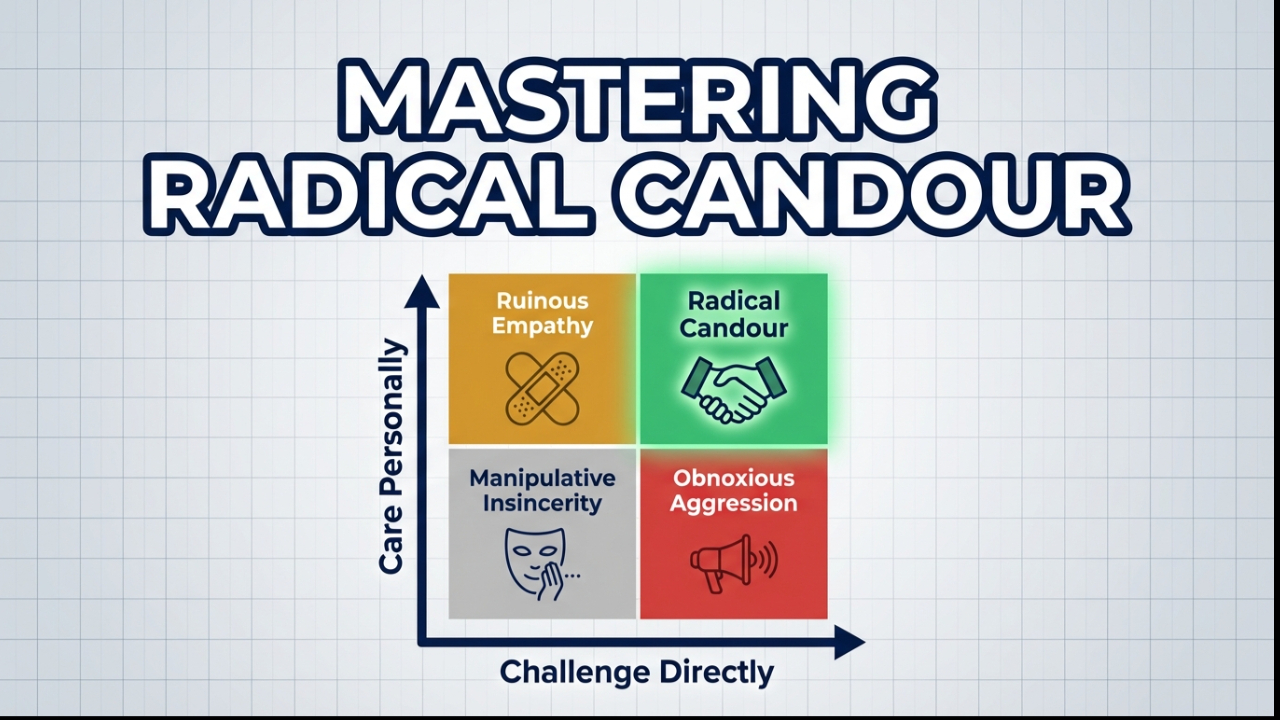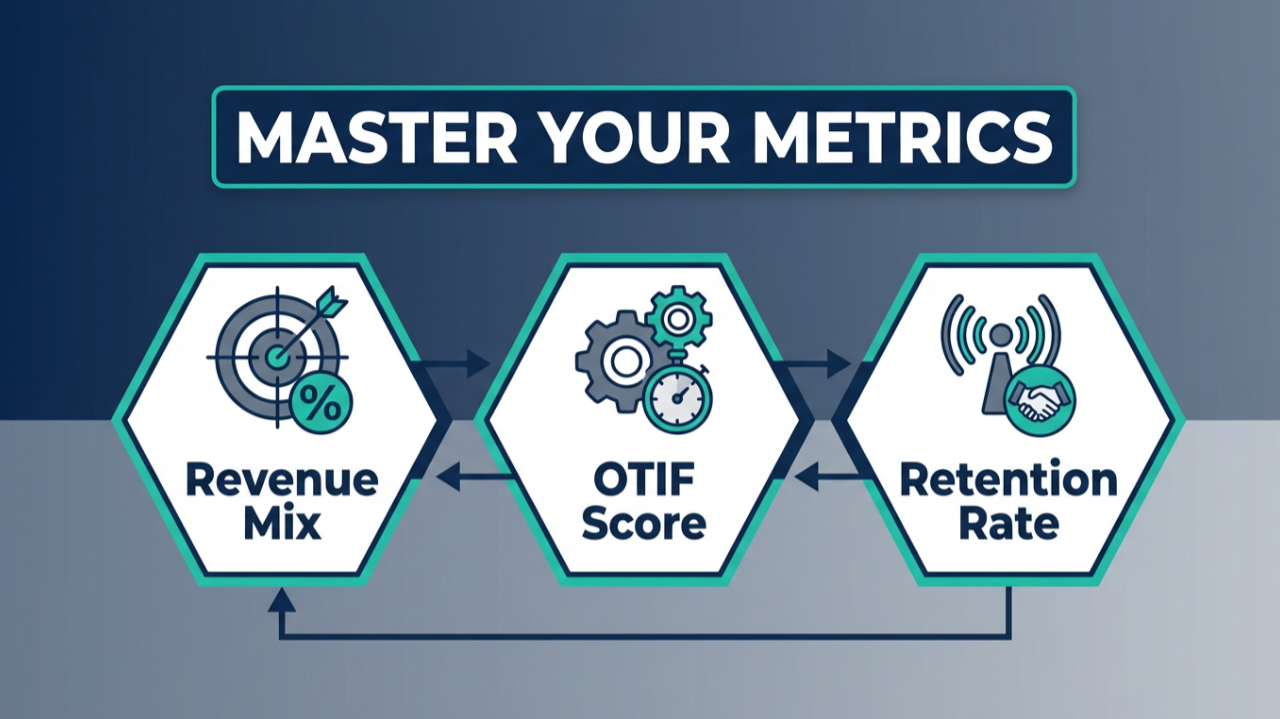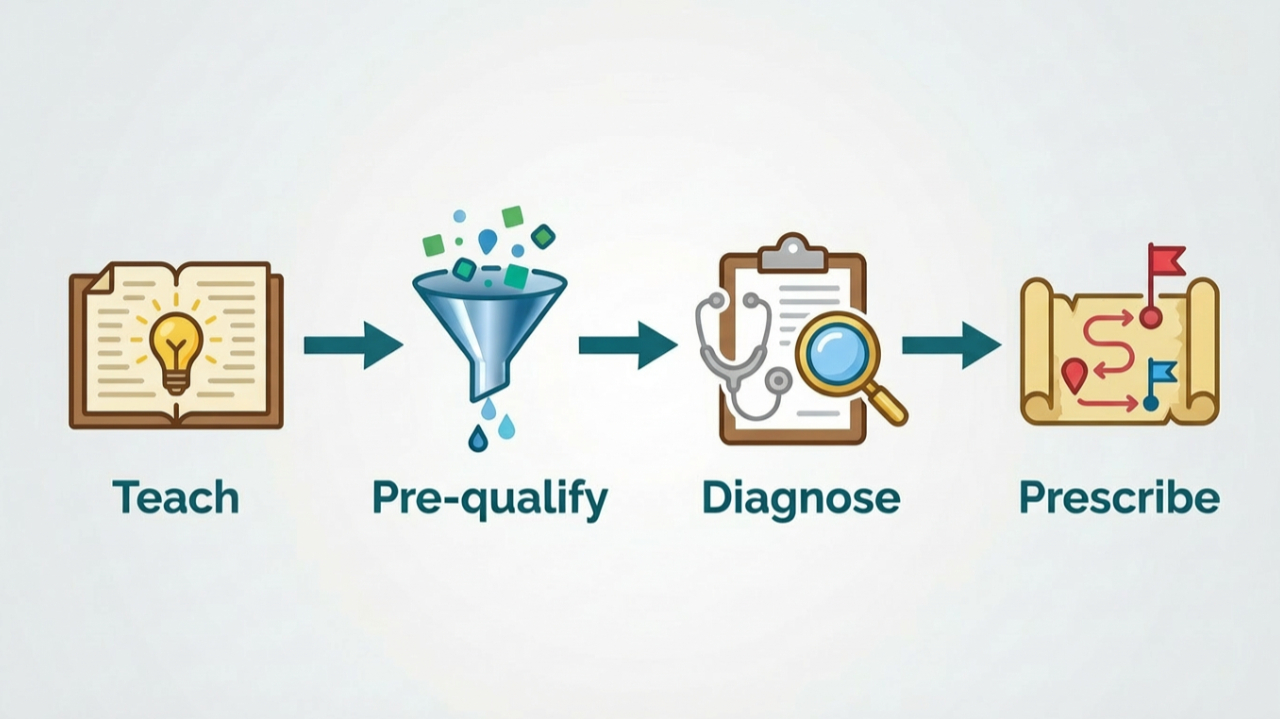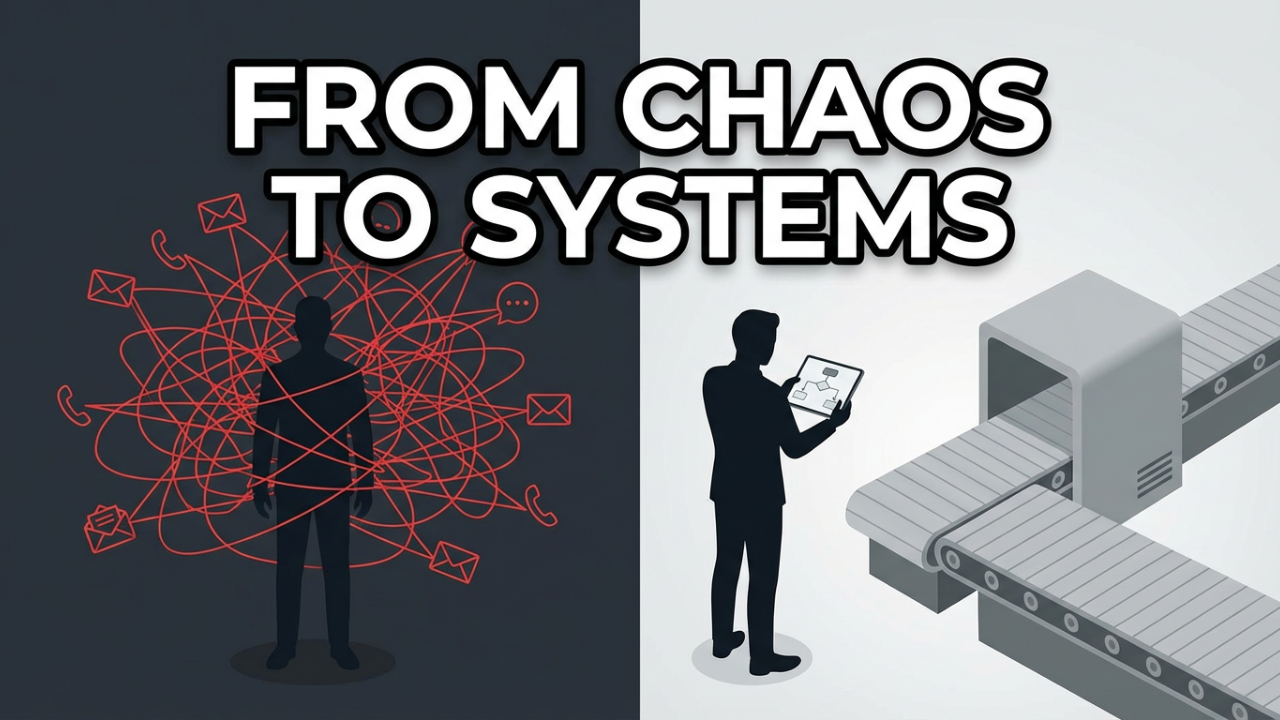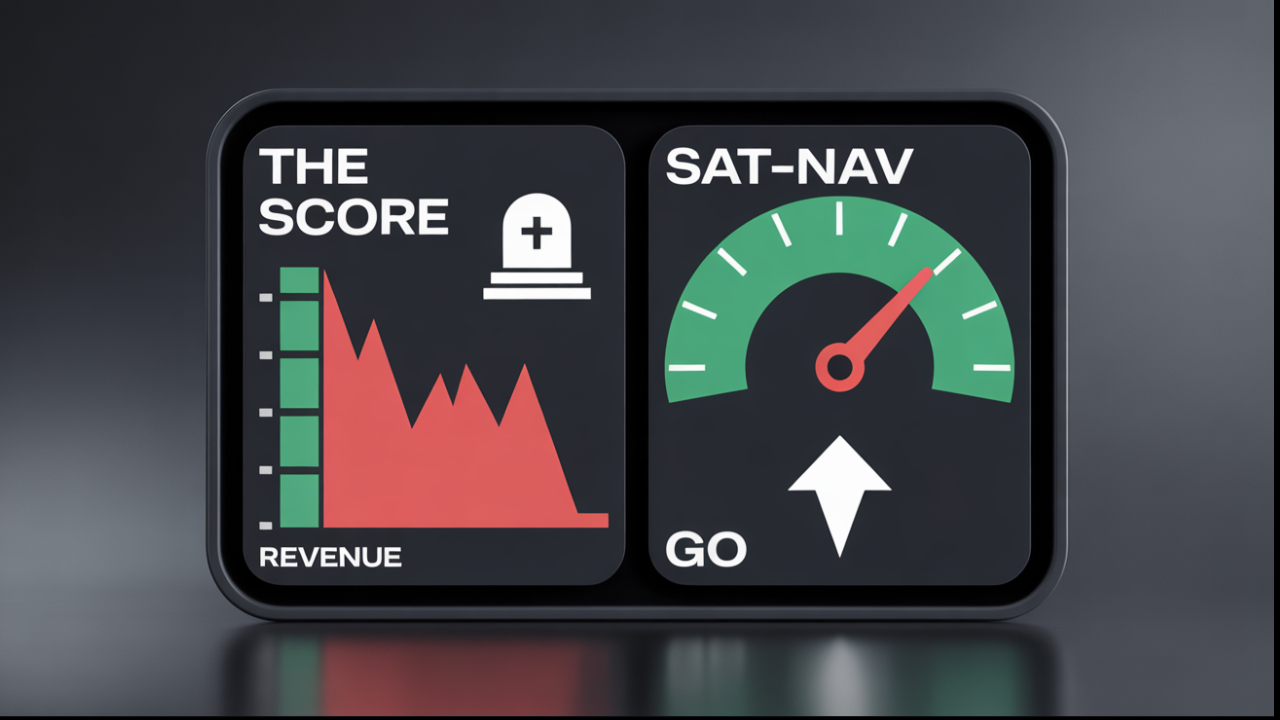Maximise Profits: How Prioritising the Right Tasks Can Transform Your Business
As a business owner, you're well-acquainted with the daily hustle. It's a non-stop balancing act, managing customer inquiries, sales leads, product development, and marketing campaigns. The to-do list is a relentless beast, always growing, never shrinking. And that's without mentioning the deluge of emails, the back-to-back meetings, and the administrative tasks that seem designed to consume every spare moment of your day.
But here's a critical insight – not all tasks are created equal. Some tasks have the potential to significantly drive revenue and growth for your business, while others are essentially busy work that can cause you to spin your wheels without making real progress. The key to success lies in the ability to discern and prioritise those high-impact, money-making tasks.
Today, we're going to delve into the art of prioritising income-generating tasks – those activities that have the potential to bring in cold, hard cash for your small business. Strap in, because mastering this skill can transform your business.
What Are Income-Generating Tasks, Anyway?
Before we dive into the deep end, let's first establish a clear definition. Income-generating tasks are any projects, activities, or tasks that have the capacity to generate revenue or contribute to the growth of your business.
We're talking about the lifeblood of your business here: customer inquiries that lead to sales, leads that can be nurtured into loyal customers, new product ideas that can open-up additional revenue streams, and marketing initiatives that can elevate your brand and drive sales. Essentially, anything that could potentially put more money in your pocket or help your business scale up.
Now, you might be thinking: "But Adam, isn't everything I do for my business technically an 'income-generating task'?" It's a valid question. However, for the purposes of this discussion, we're zeroing in on those tasks that have a direct and tangible link to revenue generation or business growth.
Why Prioritising Income-Generating Tasks Matters
Now that we've defined what income-generating tasks are, let's explore why they should be at the top of your priority list.
As business owners we know that our time and resources are finite. It's impossible to give every task that comes your way the same level of energy and attention. In focusing on those high-impact, revenue-driving tasks, you ensure that your efforts are concentrated on the activities that will truly move the needle for your business.
Opportunities like customer inquiries and sales leads have a shelf life. If you don't prioritise them, you risk missing out on potential revenue and growth opportunities. That's a risk you can't afford to take, especially in this fiercely competitive world.
The Criteria for Prioritising Income-Generating Tasks
So, how do you go about identifying and prioritising these crucial income-generating tasks? It boils down to several key criteria:
- Revenue Potential:
Clearly, tasks with a higher potential for generating revenue or profitability should be at the top of your priority list. Your business's survival and growth depend on its ability to generate income.
- Alignment with Business Goals:
Chasing new opportunities can be exciting, but if they don't align with your overall business goals and strategy, they may not be the best use of your time. Ensure that the tasks you prioritise are steering you toward your long-term objectives.
- Urgency and Deadlines:
Some tasks are time-sensitive and cannot be postponed – like preparing for an important sales pitch or launching a marketing campaign. When deadlines are approaching, these tasks need to take precedence over less urgent matters.
- Resource Availability:
We all wish we could do it all, but the reality is that we're constrained by the resources we have. Whether it's personnel, budget, or equipment, prioritise tasks based on what you can realistically accomplish with the resources at your disposal.
Putting It All Together: A Practical Example
Let's move from theory to practice with a tangible example.
Imagine you run a small e-commerce business specialising in eco-friendly home goods. You're swamped with tasks:
- A potential wholesale order from a major retailer (high revenue potential, aligns with growth goals, semi-urgent)
- Developing a new line of sustainable kitchen products (moderate revenue potential, aligns with product expansion goals, no strict deadline)
- Responding to a backlog of customer inquiries (moderate revenue potential, aligns with customer satisfaction goals, semi-urgent)
- Planning a social media marketing campaign for an upcoming sale (moderate revenue potential, aligns with sales goals, semi-urgent)
- Updating your website's product descriptions (low revenue potential, aligns with branding goals, no strict deadline)
Using the criteria we've discussed; you might prioritise these tasks as follows:
- Potential wholesale order (high revenue potential, aligns with growth goals, semi-urgent)
- Responding to customer inquiries (moderate revenue potential, aligns with customer satisfaction goals, semi-urgent)
- Social media marketing campaign (moderate revenue potential, aligns with sales goals, semi-urgent)
- Developing new product line (moderate revenue potential, aligns with product expansion goals, no strict deadline)
- Updating website product descriptions (low revenue potential, aligns with branding goals, no strict deadline)
By evaluating factors like revenue potential, alignment with goals, urgency, and resource availability, you can effectively prioritise tasks that will have the most significant impact on your business's financial health and long-term success.
The Power of Prioritisation: Real-Life Benefits
If you're still on the fence about the value of prioritising income-generating tasks, consider the tangible benefits that come with strategic task management:
- Maximised Revenue Potential: Focusing on high-impact, revenue-driving tasks sets the stage for increased profitability and business growth. It's a strategic move that can lead to a win-win situation for you and your business.
- Alignment with Strategic Goals: Prioritising tasks that support your overall business strategy ensures that your efforts are contributing to the achievement of the big-picture objectives you've set for your company.
- Improved Efficiency:
Effective task prioritisation can significantly enhance your time management and productivity. Knowing which tasks to tackle first allows you to work more efficiently and avoid getting sidetracked by less critical tasks.
- Enhanced Customer Satisfaction:
Satisfied customers are essential for any successful small business. Prioritising tasks that address customer needs and inquiries can lead to better retention rates and repeat business.
A Call to Action: Take Control of Your Task List
Now, it's time for you, the small business warriors, to take control of your task list and start prioritising those income-generating tasks with authority.
It may be tempting to address tasks as they appear, but taking a step back to strategically assess your priorities can significantly impact your business's success.
So, what's the holdup? Take that to-do list, apply the criteria we've discussed (revenue potential, goal alignment, urgency, resource availability), and begin tackling those high-impact tasks one by one.
Your future self (and your bank account) will be grateful.
Expanding on the Importance of Prioritising the Right Tasks
Understanding the nuances of task prioritisation is crucial for small business owners. It's not just about working hard; it's about working smart and being effective. Prioritising the right tasks can mean the difference between a thriving business and one that's merely surviving.
Let's delve deeper into each of the criteria for prioritising tasks to give you a more comprehensive understanding of how to apply them effectively.
Revenue Potential: Assessing the Financial Impact
When evaluating tasks based on revenue potential, consider both the immediate and long-term financial impact. Some tasks may offer a quick influx of cash, while others lay the groundwork for sustained revenue growth. It's essential to balance short-term gains with long-term financial stability.
For example, a quick promotional sale might bring in immediate revenue, but investing time in developing a customer loyalty program could lead to more consistent sales over time. Both are important, but understanding their different impacts on your revenue stream will help you prioritise effectively.
Alignment with Business Goals: Staying on Course
Your business goals are your compass, guiding you toward your desired destination. When prioritising tasks, always ask yourself: "Does this task help me get closer to my goals?" If the answer is no, it might be time to reconsider its priority level.
For instance, if one of your goals is to expand into a new market, tasks related to market research and localisation should be high on your list. Conversely, tasks that don't support this goal might be deprioritised in favour of those that do.
Urgency and Deadlines: Managing Time-Sensitive Tasks
Urgency is a critical factor in task prioritisation. Some tasks have deadlines that are set in stone, while others are more flexible. Recognising which tasks require immediate attention and which can be scheduled for later is a skill that can save you from unnecessary stress.
For example, if you have a product launch coming up, tasks related to the launch will be urgent and should be prioritised accordingly. On the other hand, tasks like updating your business plan can often be scheduled for a quieter period.
Resource Availability: Working Within Your Means
Resource availability is a practical consideration that can't be ignored. You need to be realistic about what you can achieve with the resources you have. Overcommitting can lead to burnout and subpar results.
Take stock of your available resources, including staff, budget, and equipment. If a high-priority task requires resources you don't currently have, you may need to explore options like outsourcing, hiring temporary help, or reallocating resources from less critical tasks.
The Role of Delegation in Task Prioritisation
Delegation is a powerful tool for small business owners. It allows you to focus on the most critical income-generating tasks while entrusting other important but less critical tasks to your team.
Identify tasks that can be delegated and match them with team members who have the skills and capacity to take them on. Delegation not only helps with prioritisation but also empowers your team and can lead to a more engaged and productive workforce.
The Impact of Technology on Task Management
Technology plays a significant role in task management. There are numerous tools and apps designed to help you prioritise and track your tasks. Leveraging these tools can streamline your processes, reduce the risk of human error, and ensure that nothing falls through the cracks.
Explore different task management software options and find one that fits your business needs. Features like task categorisation, deadline reminders, and progress tracking can be incredibly beneficial in helping you stay on top of your priorities.
The Psychological Benefits of Prioritisation
Prioritising tasks isn't just good for your business; it's good for your mental health. When you have a clear sense of what needs to be done and in what order, it reduces anxiety and decision fatigue. You'll feel more in control and less overwhelmed, which can lead to better decision-making and a more positive outlook on your business.
Embrace the practice of prioritising tasks as a way to bring order to the chaos of running a small business. It's a habit that will serve you well in both your professional and personal life.
In Conclusion: The Art of Prioritisation
Mastering the art of prioritising income-generating tasks is an ongoing process. It requires regular reflection, adaptation, and sometimes, tough decisions. But the rewards are clear: a more profitable, efficient, and strategically aligned business.
Remember, prioritisation is not a one-time event; it's a dynamic process that evolves with your business. Stay flexible, be willing to reassess your priorities as circumstances change, and always keep your business goals in sharp focus.
Now, armed with a deeper understanding of the importance of prioritising the right tasks, it's time to take action. Revisit your task list with a critical eye, apply the principles we've discussed, and watch as your small business reaches new heights of success. Your dedication to prioritisation will pay dividends, both now and in the future.
PS: If you need support on how to master income generating tasks, don't hesitate to
contact us
Pay It Forward! Sharing Is Caring!


